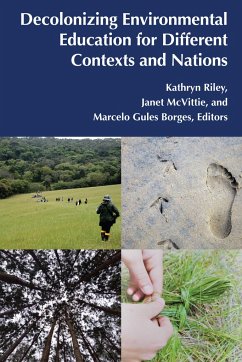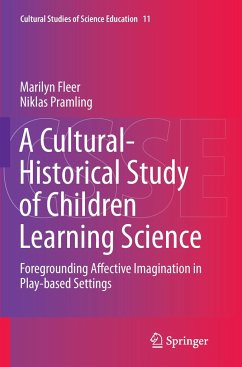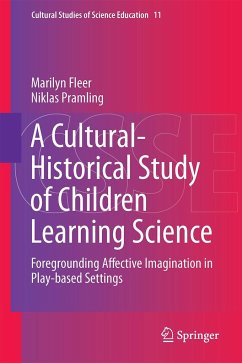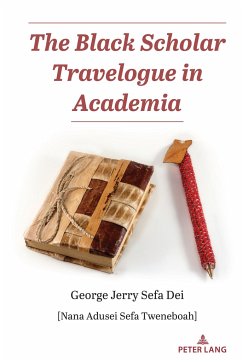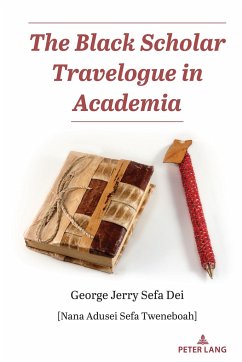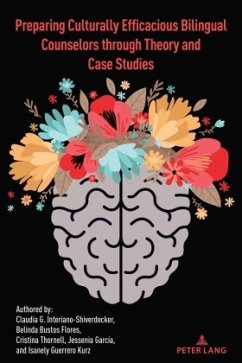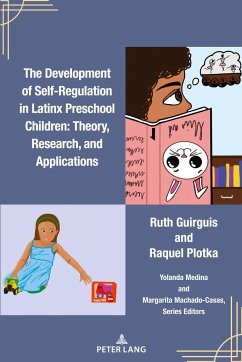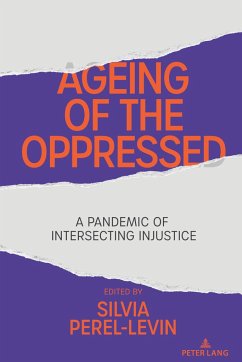
Beyond Adaptation
The Unity of Personal and Social Change in Critical Psychology and Cultural-Historical Theory
Herausgegeben: Mascia, Márcia Aparecida Amador; Chen, Hongyan; Grinberg, Silvia; Kontopodis, Michalis; Manderbach, Till; Ruge, Johanna; Brook, Peter; Wengemuth, Eileen; Waleng, Sigga
Versandkostenfrei!
Versandfertig in 6-10 Tagen
42,95 €
inkl. MwSt.
Weitere Ausgaben:

PAYBACK Punkte
0 °P sammeln!
This book discusses transformative approaches to psychology, social work, and education. Addressing these disciplines' entanglements with oppressive structures, the contributors aim to reconcile individual support with social justice. In current times of accelerating crises, professionals often see only few opportunities to influence the conditions of their work. Thinking and acting beyond adaptation, authors from seven countries provide inspiration for researchers, practitioners, and students who want to be more than brokers of a broken system.Cultural-Historical Theory is a powerful framewor...
This book discusses transformative approaches to psychology, social work, and education. Addressing these disciplines' entanglements with oppressive structures, the contributors aim to reconcile individual support with social justice. In current times of accelerating crises, professionals often see only few opportunities to influence the conditions of their work. Thinking and acting beyond adaptation, authors from seven countries provide inspiration for researchers, practitioners, and students who want to be more than brokers of a broken system.
Cultural-Historical Theory is a powerful framework that can depict the dynamic of individual minds in society. Building on this, Critical Psychology has formulated an elaborate theory of human agency. Linking individual and social change needs such theorizing. This volume is a rare intellectual exchange by scholars drawing on these traditions. An alternative to both control science and abstract criticism, it inquires the capacity to act.
The editors took part in organizing the Summer School Critical Psychology in Berlin, which inspired this volume.
Cultural-Historical Theory is a powerful framework that can depict the dynamic of individual minds in society. Building on this, Critical Psychology has formulated an elaborate theory of human agency. Linking individual and social change needs such theorizing. This volume is a rare intellectual exchange by scholars drawing on these traditions. An alternative to both control science and abstract criticism, it inquires the capacity to act.
The editors took part in organizing the Summer School Critical Psychology in Berlin, which inspired this volume.





